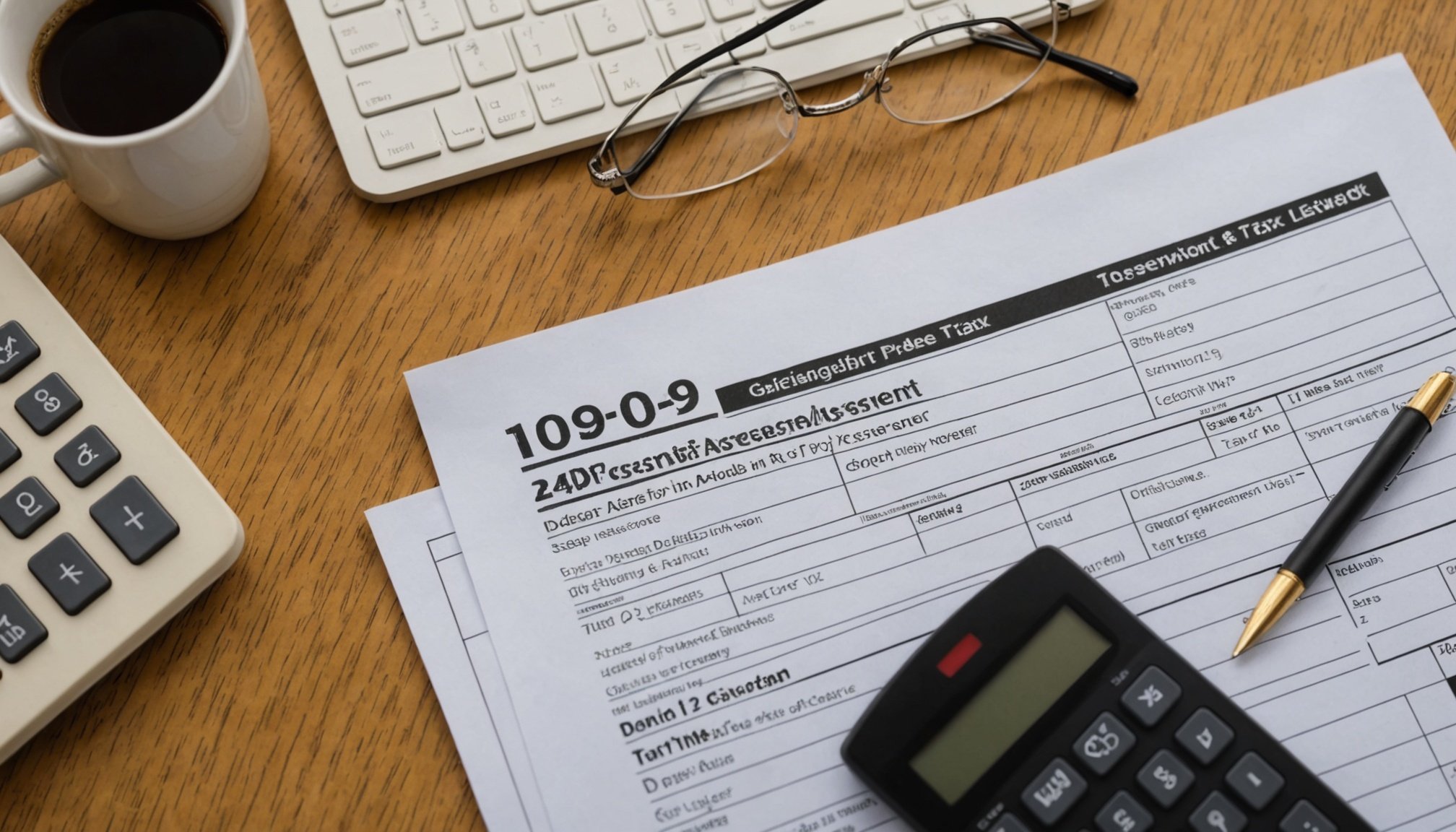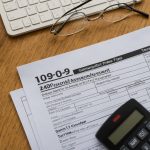Self-Assessment Tax Return Deadline
Navigating the UK tax deadlines 2023-2024 can be challenging, especially with the self-assessment tax return deadline looming. For most individuals, the critical date to remember is 31st January. This deadline signifies the last opportunity to file your tax return for the previous financial year, which ends on 5th April. Missing this key date can lead to penalties, so it’s crucial to plan and act accordingly.
The timeline leading up to this deadline involves several steps. In April, after the financial year ends, gather all necessary financial documents. By October, ensure to register for self-assessment if it’s your first time. As January approaches, focus on ensuring your submission is complete and accurate, taking advantage of online filing systems for efficiency.
A voir aussi : Maximizing Your Savings: A Guide for UK Residents to Claim Tax Relief on Remote Work Expenses in 2023
Adhering to this deadline ensures you avoid late submission penalties, which start at £100 and can escalate over time. Additionally, interest on any unpaid tax begins accruing immediately, further highlighting the importance of punctuality. For those who struggle with this process, seeking advice from a tax professional can be a practical solution, providing peace of mind and expertise.
Related Key Dates for 2023-2024 Tax Year
Understanding the important tax dates in the UK tax calendar is crucial for any taxpayer looking to stay compliant.
Dans le meme genre : Essential Steps to Take If Your UK Biometric Residence Permit Goes Missing or Is Stolen
Registration Deadline
If you are new to self-assessment, you must register with HMRC by 5th October following the end of the tax year you need to submit a return for. Missing this registration deadline may result in penalties, so it’s vital to mark this date on your calendar.
Payment Due Date
The payment due date for self-assessed tax returns usually falls on 31st January. This includes balancing payment for the previous tax year and the first payment on account for the current tax year. Ensure funds are available, as late payments incur interest and possible charges.
Extension Options
Sometimes, taxpayers might not be able to file their return by the deadline. In such cases, extension options exist, but they require a valid reason. These might include bereavement or serious illness. It’s important to contact HMRC as soon as possible if you foresee delays. Extensions affect interest on overdue amounts but could help avoid larger penalties.
By keeping track of these key dates, taxpayers can confidently navigate the tax calendar and avoid financial pitfalls.
Penalties for Late Submission
Submitting your tax return late can result in financial penalties that can escalate if not addressed promptly. Initially, failing to submit a self-assessment tax return on time results in a fixed penalty of £100. This penalty applies even if there is no tax to pay or if you pay the tax on time.
Over time, penalties increase if the return remains unsubmitted: after three months, additional daily penalties of £10 per day may apply, up to a maximum of £900. After six months, a further penalty of £300 or 5% of the tax due, whichever is greater, can be imposed. After twelve months, the penalty can rise to £300, or up to 100% of the tax due in serious cases of non-compliance.
Avoiding these self-assessment penalties involves being organised and proactive. Marking important dates in your calendar and arranging for reminders can help prevent oversight. Additionally, ensuring records are up to date throughout the year will make the completion of your return more straightforward. Engaging professionals for complex tax situations can also offer peace of mind and assurance of meeting deadlines. Adhering to these best practices can save both time and money, allowing you to focus on other priorities.
Tips for Completing Your Self-Assessment
Navigating through the process of completing tax returns can be daunting. However, with the right self-assessment tips, it becomes much more manageable.
Gather Necessary Documents
To begin, it’s crucial to gather all necessary documents for your tax return self-assessment. This includes employment income records, bank statements, pension information, and receipts for any deductible expenses. Ensuring these documents are easily accessible will streamline the entire process and reduce stress.
Online Filing Benefits
Filing your tax return online offers notable benefits over traditional paper submissions. Online filing is typically faster as it processes more swiftly, thus potentially leading to quicker refunds. Additionally, the online system reduces errors by providing automatic calculations and pre-filled data where applicable, enhancing the accuracy of your self-assessment.
Resources for Assistance
There are various government resources available to assist with completing tax returns. HM Revenue & Customs (HMRC) offers detailed guides and telephone support to address specific queries. They also provide webinars and workshops for a more interactive learning experience. Utilizing these resources can ensure that your self-assessment is both accurate and complete.
With clear understanding and organised preparation, self-assessment tax returns can become a straightforward task.
FAQs about Self-Assessment Tax Returns
Navigating the world of self-assessment tax returns can indeed feel like a maze. It is no wonder many individuals have common questions on tax returns, especially when it comes to who needs to file one.
Who Must File?
Typically, self-assessment tax returns are required for self-employed individuals, company directors, or those with complex financial situations. If your untaxed income exceeds £2,500 or if you receive income from a side hustle, you might also need to consider filing.
Changing Personal Circumstances
Understandably, your life and finances do not stay stagnant. Changes such as marriage, divorce, or even moving to a new job can significantly affect your tax status, requiring alterations in how you file your self-assessment. So, be vigilant and consult with a tax advisor when personal circumstances shift.
Common Queries
A slew of self-assessment FAQs circle around understanding the deadlines, what constitutes as allowable expenses, and how to submit your return electronically. Stay ahead by updating yourself with HM Revenue and Customs (HMRC) guidelines, ensuring you comprehend the intricacies involved.
In summary, knowing the key aspects of these frequently asked questions can turn a daunting task into a manageable one.











